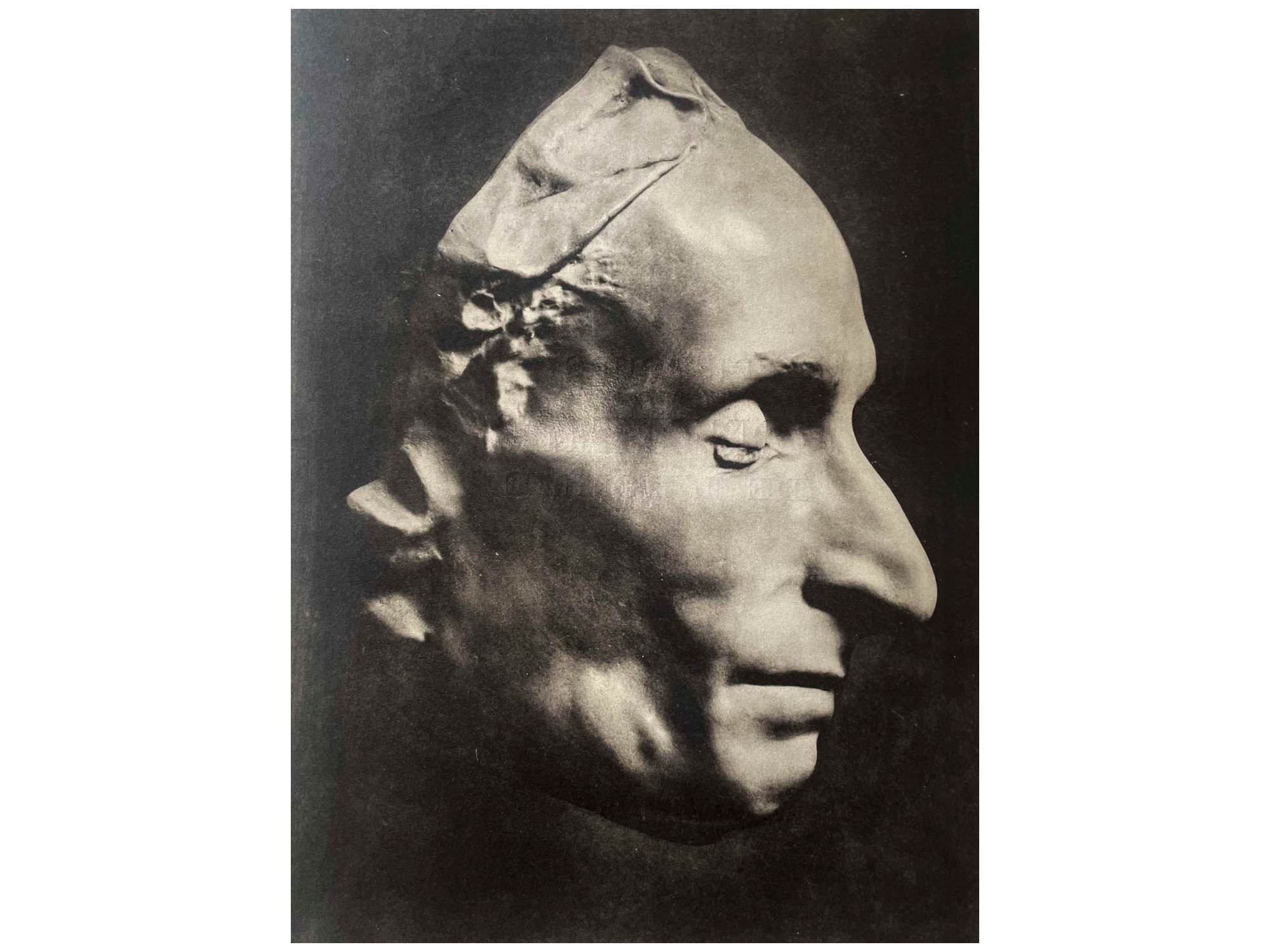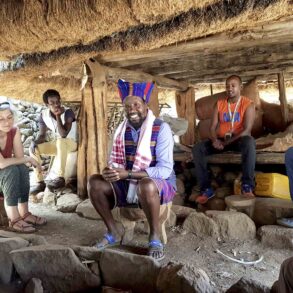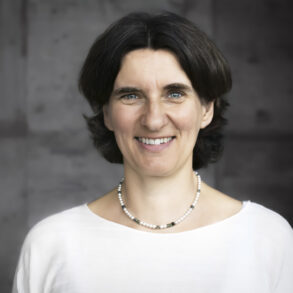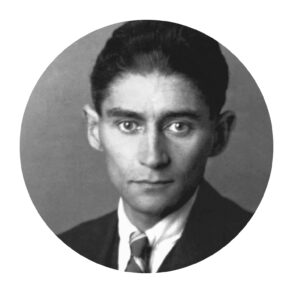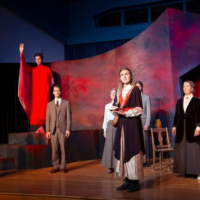Four hundred years ago, a great personality of modern intellectual life in Europe was born. Blaise Pascal was not only an inventor and scientist but a spiritual researcher who can still inspire us today and perhaps rouse us to take the next step.
Blaise Pascal was born on June 19, 1623 in central France. He demonstrated unusual intellectual abilities at an early age. As early as the age of eight, his father began to instruct him in scientific matters, particularly mathematics. He wrote his first scientific treatises at the age of eleven. The work from his youth contributed to advances in projective geometry, and a theorem was named after him. At the age of 19, to help his father, he developed the first calculating machine of modern times, the Pascaline, which could perform additions and subtractions. He made a significant contribution to the scientific findings of the modern age with his research into fluids, vacuums, and pressure. He developed the theoretical model of the hydraulic press and contributed to the development of a new mathematical discipline—probability calculus. He also gave his name to a unit of measurement for pressure.
Spiritual Fire
However, Pascal’s exceptionally keen mind was not limited to science and technology. At the age of 23, he met representatives of a spiritual movement known as “Jansenism”. Touched by their mystical approach to Christianity, which at the time stood in opposition to Jesuitism, he obtained their books to study them further, in particular the Oratio de interioris hominis reformatione (Oration on the Reformation of the Inner Man) by Cornelius Jansen, the founder of the movement. This made such an impression on him that Pascal is said to have undergone his first “conversion”. But it was not until later, at the age of 31, that he experienced a deep spiritual crisis which culminated in the “night of fire”, a night in which Pascal felt consumed by an intense spiritual and mystical fervour. He tried to capture this by writing a manuscript, now called the “Memorial”, in which he declared his total devotion to Christ and which he sewed into the lining of his jacket.
From this time onwards, Pascal joined the spiritual community of Port Royal Abbey, where this mystical Jansenist Christianity was practised. He became a committed participant there and demonstrated that he not only had an outstanding knowledge of the most advanced sciences of his time but also possessed sound theological knowledge and original spiritual views. When Port Royal was confronted with accusations of heresy, he tried to defend the community but distanced himself due to differences of opinion about the strategy to be adopted. The attacks on Port Royal became increasingly fierce, but the sisters refused to renounce Jansenism, as the Church demanded of them. The community and the spiritual life of the abbey gradually dissolved until Louis XIV finally had the complex destroyed. However, the aura of Port Royal persists in French culture to this day as a symbol of the resistance of spiritual consciousness to institutional authority. Blaise Pascal, for his part, began writing an Apology of the Christian Religion, which remained fragmentary but was published in the form of his famous Pensées (Thoughts).
Cognition of the Spirit?
Here, the seeds of a scientifically spiritual approach can be recognised. While Descartes formulated the foundations of a rationalist approach that fragments reality in order to better understand it, Pascal expressed the necessity of a holistic approach in his Pensées: “Since all things are caused and causal, helped and helping, indirect and direct, and all converse by a natural and imperceptible bond that unites the most distant and diverse, I consider it impossible to know the parts without knowing the whole, no less than to know the whole without knowing the parts in detail.”
His Pensées also contain the famous phrase: “The heart has its reasons, of which reason knows nothing.” But more than that: “We recognise the truth not only through reason but also through the heart; from this latter kind we know the first principles, and it is futile for reason, which has no part in them, to attempt to combat them.” Pascal thereby opened up the view of an epistemology that conceives of the heart as an organ of cognition.
He subsequently inspired a very particular philosophical movement, the so-called “French spiritualism”, which arose at the end of the eighteenth century with Pierre Maine de Biran and ended in the middle of the twentieth century with its last prominent representatives, Henri Bergson and Louis Lavelle. This spiritualist movement, which was able to draw on German idealism in the nineteenth century, has been somewhat forgotten today. But it was the expression of a constant endeavour to overcome materialism and to highlight the spiritual dimension of the human being and, above all, what follows from it, human freedom.
The Wager of the Heart
The interplay between heart and reason was a recurring motif in Pascal’s thinking, which is expressed in his famous “wager.” Although he was aware that faith, if it is to be genuine, is a matter of the heart, he wanted to show that rationality itself leads us to faith. He showed that although reason cannot decide the question of God’s existence, it nevertheless allows the conclusion that, in the face of this uncertainty, there is more to lose by not believing in God than by believing in him. Hence, we should enter into this wager. Reason must, therefore, induce us to believe—this is how he opens the way to the heart.
Today, war is raging, and deep rifts are running through humanity. The question of the existence of God is perhaps no longer the most important one. Rather, the more important one would appear to be the existence of the other person and the trust we can place in them with regard to a shared future. It seems that we are constantly referred back to the social question, to the question of living together, working together, thinking together, and creating together. Can we trust the human being? Do we trust our neighbours, our partners, our colleagues, those around us?
The other is always, at least to some extent, unknown and alien to us. But “trust” in the other is nevertheless the indispensable basis for every social bond, every dialogue, every hope. Are we not confronted with a wager here, too? Is this “trust” not like the God of Pascal’s wager? Are those around us trustworthy? We cannot answer with reason alone. But in the face of this uncertainty, we can take inspiration from Pascal: does not reason indicate to us that we have more to lose if we refuse to trust in humanity, in the stranger, in the other, than if we allow it? Even if this question is perhaps more tricky than the question of God, it seems imperative here to enter into the wager and open the way of the heart.
Translation Christian von Arnim
Title image Plaster death mask, 1662, Blaise Pascal, Bibliothèque Sainte-Geneviève, Paris

